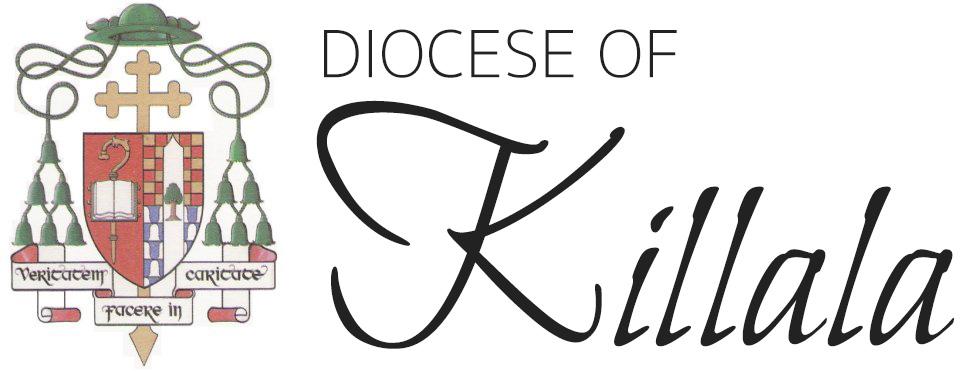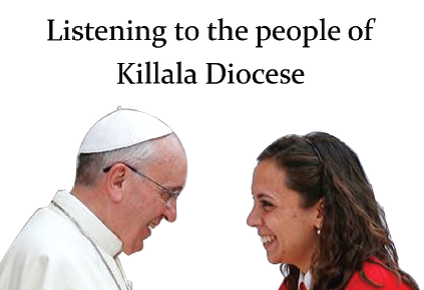History will be made on July 1st, 2018 when around 300 delegates from the 22 parishes of Killala Diocese, as well as representatives from a number of other groups, gather in the Twin Trees Hotel, Ballina, for the first ever Killala Diocesan Assembly.
The ‘listening process’ in Killala diocese, which we’ve called Placing Hope in Faith, is indeed historic, not just because it’s a first for Killala, but because nothing quite like it has been undertaken before in Ireland.
‘Historic’ is not a word to be thrown around lightly but the event will indeed be historic in another sense too, because for the first time ever in the history of the diocese, the agenda will have been set by people, priests and bishop working together.
In another first, in preparation for the Assembly, a survey was undertaken in all parishes (including on-line). Any parishioner in any parish could take part and, in an effort to encourage people to say exactly what they thought and felt, it was decided that the process should be confidential and anonymous.
In all 1,457 people completed questionnaires, which comprised 1,101 adults and 356 young people. The questionnaires were processed by the Institute for Action Research, Lisselton, Kerry. Every questionnaire was analysed. The report from the Institute for Action Research was considered by the members of the Steering Group who had organised the ‘listening to the people’ consultation over the past year. The group, which comprised 12 lay people (eight women and four men), five priests and Bishop John Fleming, considered the report and devised 129 proposals based on 14 ‘areas of interest’. The proposals have been circulated to all Parish Pastoral Councils throughout the diocese, and the delegates (who will represent them at the Assembly on July 1st) for their consideration. The delegates at the Assembly will vote on 129 proposals and the results will be tabulated through a system of electronic voting which will be used on the day. The proposals will be electronically placed in order of importance and decisions made on the day will be incorporated into diocesan policy into the future.
After the Assembly has concluded, a programme of action will have been decided by people, priests and bishop. The hope is that a number of Focus Groups will be formed whose task it will be to implement the top six decisions of the Assembly in each category.
The consultation or ‘listening process’ and the survey are examples of what Pope Francis calls ‘synodality’ – people, priests and bishop deciding together what the local church needs to do. What’s unique about this particular Assembly is that the agenda has been set by the people.
Fr. Brendan Hoban P.P.

